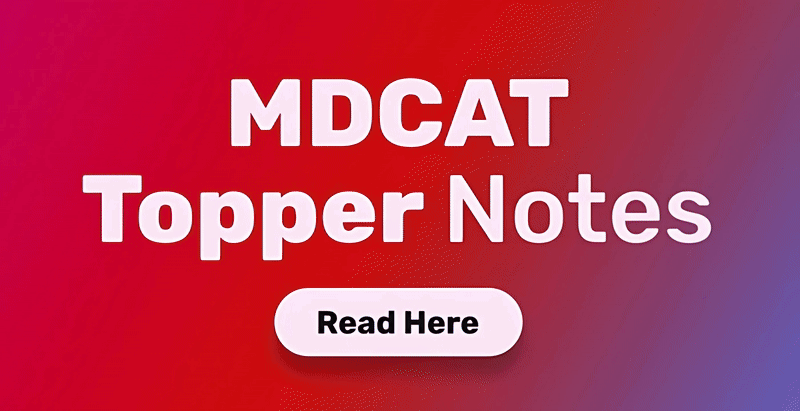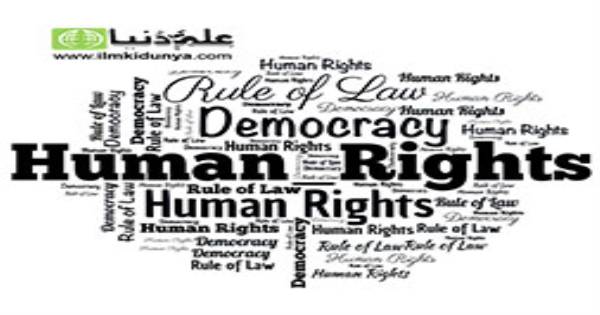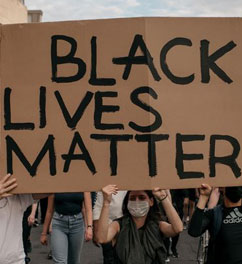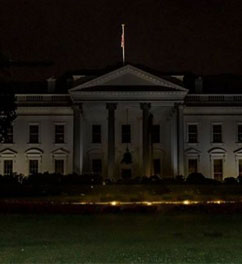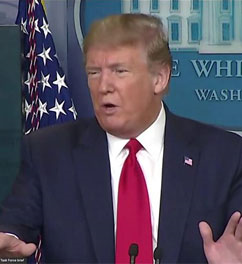- Law breakers should be punished strictly at each level and dealt with an iron hand.
- No one is protected when the matter is of dishonesty, corruption, bureaucrat, politician, and high level officers, who alleged to have plundered wealth, are no immune in the matter of corruption.
- Its need of time that we should cleaned the top leadership as in other countries cleaned the corrupt leadership and setup totally reject and crushed jointly.
- The people mind should be changed by the prevalence of moral values, and teachers, professors, and scholars can play positive role and they should do it easily and changed the students mind in positive and right direction.
- Tribute national honest heroes, because they are symbol of struggle, admiration and spirit for the youth.
- It is national responsibility that endorses unity, harmony and cohesion amongst the provinces.
- Every citizen of Pakistan irrespective of their age and occupation starts to realize their own duties. It is possible when people get consciousness and make a distinction between good and awful.
- Announce education as the highest priority of the government, and the entire nation as well as the military in waging a war against illiteracy.
- Good governance should be based on justice and equity.
REFERENCES:
- Daily Times, Wednesday June2, 2010.
- Hamid Khan, Constitutional and Political History of Pakistan, Karachi Oxford University Press, 2001, p.571.
- Daily Times, Wednesday June2, 2010.
- Dawn.com, January 5, 2002.
- Shahid Javid Burki, Pakistan Fifty Years of Nationhood, Vanguard Books Pvt Ltd, Lahore, 1999, PP.176-177.
- S.K.Mahunuud, Administrative Morality, in Contemporary Affairs, M.Imtiaz Shahid, Book No Twenty, Carvan Enterprises, Lahore, 1999, P. 369.
- Shahid Javid Burki, Pakistan Fifty Years of Nationhood, Vanguard, Books, Pvt Ltd, Lahore, 1999, P. 183.
- Ardeshir Cowasjee, Fascism on the March, Dawn December 7, 1997, P. 13.
- William L. Richard, The 1990 General Elections in Pakistan, in Pakistan 1992, Charles H. Kennedy, Westview Press, Oxford, 1993, P.36.
- Maria Madalea L. Carvalho-Fischer and Matthias Fischer, Pakistan Under Siege, Vanguard Books Pvt Ltd, Lahore, 2004, P.155.
- M. Ziaudden, Seven Years Under General Pervez Musharraf, in Monthly Current Affair Digest. Dr. Safdar Mahmood, Book No, 149, A.H.Publishers, Lahore, January, 2007, P. 153.
- Dawn, 23rd February 2010.
- Benazir Bhutto, Only Democracy Can Break Pakistan Terror Link, in Contemporary Affairs, Abbas Sarwar Qureshi, Book Forty Seven, Carvan Book House Lahore, 2006, P. 414.
- Michael F. Martin and K. Alan Kronstsdt, Pakistan’s Capital Crisis: Implications For U.S. Policy, in Monthly Current Affair Digest. Book No, 176, A.H.Publishers, Lahore, April, 2009, PP. 1-7.
- M. Ikram Rabbani, New Millinum Pakistan Affairs, Carvan Book House Lahore, 2006, P. 457.
- M.Imtiaz Shahid and Dr. Memoona Shahid, An Advance Study in Pakistan Affairs, Advance Publishers, Lahore, 2007, P. 695.
- Our Youth Our Future, Post-Compulsory Education Review, Curriculum Council, November, 2010.
- Lyman Tower Sargent, Contemporary Political Ideologies, Books Cole PublishingComany, Seventh Edition, California, 1987, P. 44.
- Ramakant, S. N. Kaushik and Shashi Upadhyaya, Contemporary Pakistan Trends and Issues, Kalinga Publications, Vol. 1. Delhi, 2001, P. 298.
- William L. Richerd, the 1999 General Elections in Pakistan, in Pakistan 1992, Charles H. Kennedy, WestView Press, Oxford, 1993, P. 25.
- Ajay Darshan Behera and Mathew Joseph C, Pakistan in a Changing Strategic Context, Knowledge World, New Delhi, 2004, PP. 16-17.
- Adeel Khan, Pakistan in 2007, More Violent More Unstable, in Current Affairs Digest, Dr. Safdar Mahmood, Book no, 167, A. H. Publishers, Lahore, July 2008, PP.98-99.
- Herald, Volume 42, November 5, May 2010, P. 10.
- Musa Khan Jalal Zai, The Crisis of State and Security in Pakistan, Dua Publications, Lahore, 2002, PP. 44-45.
THE END.




